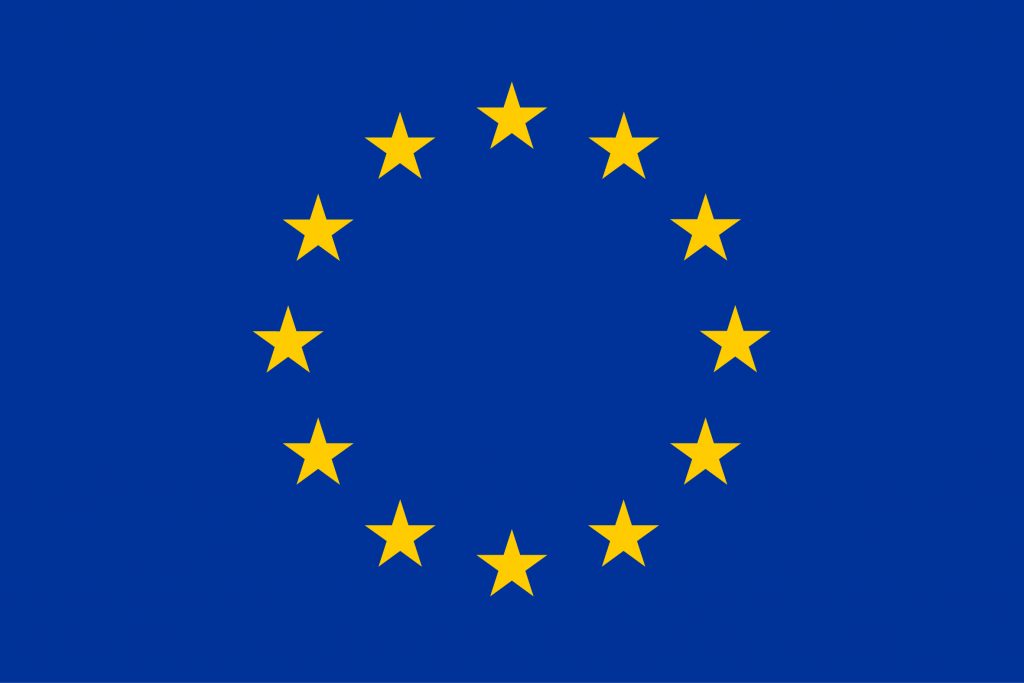The INCULTUM Consortium consists of an interdisciplinary group of partners who effectively deploy knowledge and participate in the various project’s activities.
In order to meet the objectives of the INCULTUM project and have a sustainable impact, the project deploys the quintuple helix model (Carayannis et al. 2012) as a conceptual framework. The quintuple helix model links research, industry, governing bodies, civil society and the environment in order to achieve sustainable development goals, and it allows for circulation of knowledge and orchestrating innovations.
In INCULTUM all the elements of the model are present: university partners; different types of companies and organisations producing goods or related services within the tourism sector; municipal, local and regional institutions; diverse communities; and the environmental and ecological awareness in cultural tourism planning by the pilot actions.
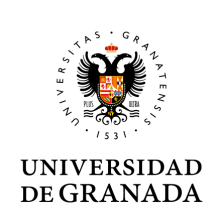 | University of Granada, Spain | |
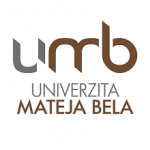 | Matej Bel University, Slovakia | |
 | Copenhagen Business School, Denmark | |
 | Promoter S.r.l., Italy | |
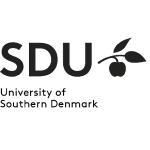 | SDU – University of Southern Denmark, Denmark | |
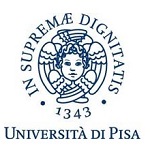 | University of Pisa, Italy | |
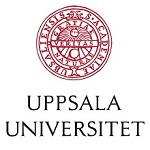 | Uppsala University, Sweden | |
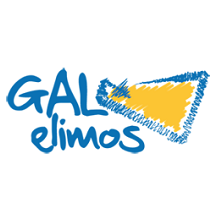 | G.A.L Elimos, Italy | |
 | Eachtra Archaeological Projects, Ireland | |
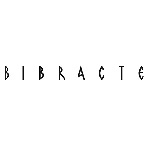 | Bibracte, France | |
 | The High Mountains social cooperative, Greece | |
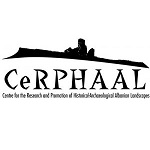 | Centre for the Research and Promotion of Historical-Archaeological Albanian Landscapes, Albania | |
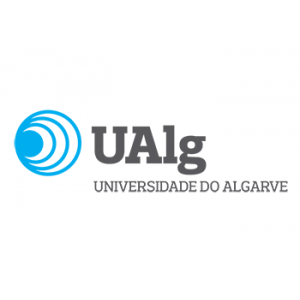 | University of Algarve, Portugal | |
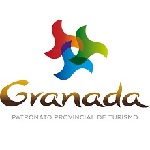 | Provincial Tourism Board of Granada, Spain | |
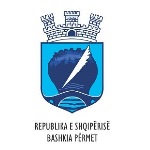 | Municipality of Permet, Albania |




